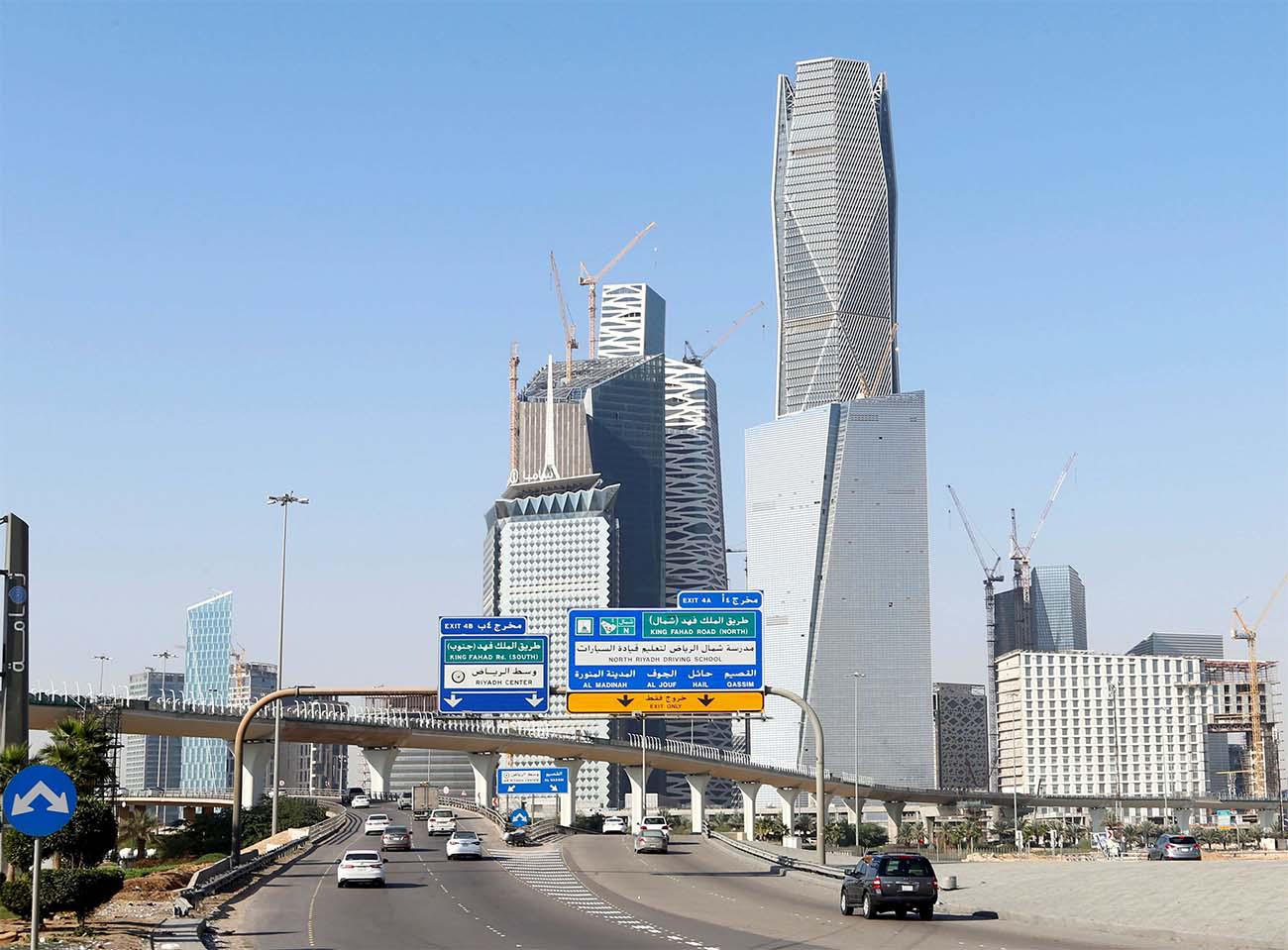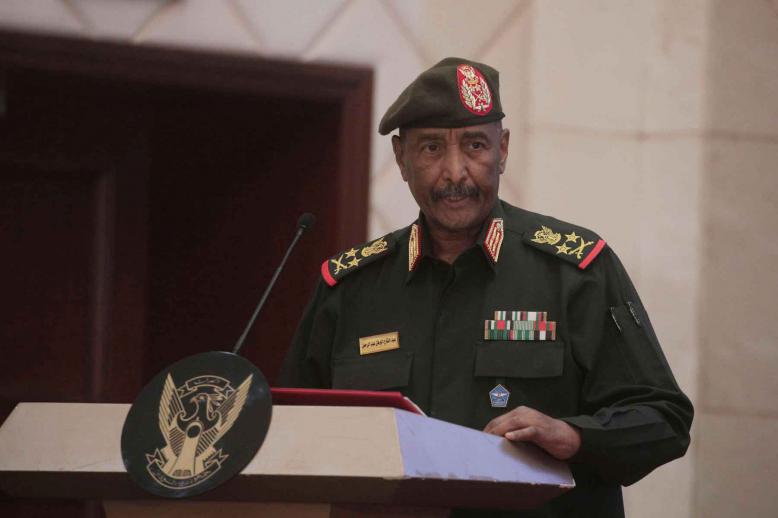IMF: Saudi reforms have started to yield results
DUBAI - Saudi Arabia's economic reforms, including VAT and higher energy prices, have started to yield results, but more needs to be done to plug a chronic budget deficit, the IMF said Monday.
After a crash in oil prices that shrank Saudi Arabia's revenues and led to budget shortfalls for five years in a row, the world's largest crude exporter imposed a raft of measures to diversify its economy.
"Reforms have started to yield results and... the outlook for the economy is positive," the International Monetary Fund said in a regular report.
But it said the kingdom, where oil income still accounts for 70 percent of public revenues, must extend adjustments in the price of utilities and fees levied on expatriates.
It also called on Saudi authorities to consider doubling value added tax (VAT) from five percent to 10 percent.
Saudi Arabia introduced the tax in 2018, a year in which its returns amounted to $12.5 billion or 1.6 percent of gross domestic product.
Commitment to the reform programme will be key to success in "promoting non-oil growth, creating jobs for nationals, and achieving the objectives of the authorities' Vision 2030 agenda", the IMF said.
"Vision 2030", the brainchild of influential Crown Prince Mohammed bin Salman, is aimed at weaning the Saudi economy off its reliance on oil.
Saudi GDP grew by 2.4 percent last year but the IMF said growth would fall to 1.9 percent in 2019 due to substantial OPEC oil output cuts aimed at addressing oversupplies and underpinning sagging prices.
The fiscal deficit is forecast to widen to 6.5 percent of GDP this year, from 5.9 percent in 2018, it said.
The global lender also called for greater diversification to create jobs for Saudis whose unemployment rate stands at 12.5 percent.
One million new jobs are needed for citizens over the next five years, it said.
Oil directly accounts for more than 40 percent of Saudi Arabia's GDP, nearly 70 percent of fiscal revenues and almost 80 percent of exports, the IMF said.
Saudi Arabia has posted a budget deficit since 2014 and the total shortfalls until last year amounted to over $320 billion. The kingdom is projecting another deficit this year.
The IMF said in the report that Saudi authorities have reiterated their commitment to balancing the budget in 2023.






